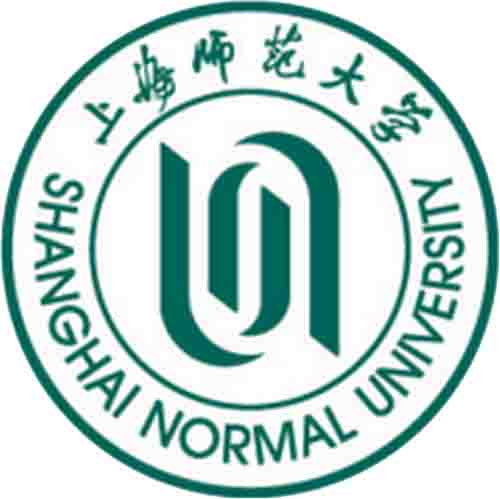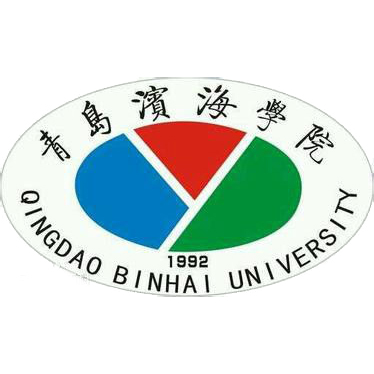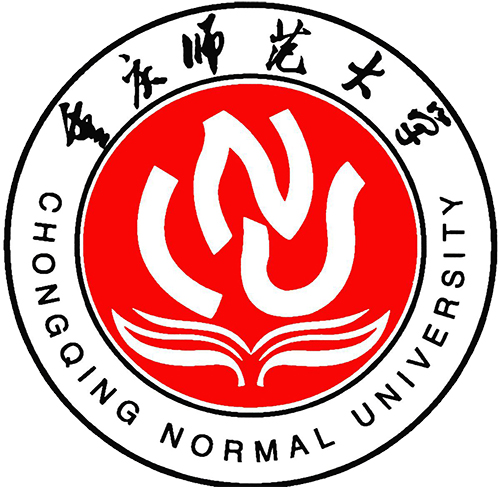
 Introduction
Introduction About the Program
About the ProgramEducaation (Mathematics)
 About Shanghai Normal University
About Shanghai Normal University
History
Founded in 1954, SHNU was then named Shanghai Teachers Training College. In 1956 it was expanded into two colleges, Shanghai No. 1 Teachers College and Shanghai No. 2 Teachers College. Two years later, the two colleges were combined to form Shanghai Teachers College.
From 1972 to 1978, it was known as Shanghai Normal University after combining four other ones including East China Normal University. In 1978 it was restored to Shanghai Teachers College, and was renamed as Shanghai Teachers University in 1984. It combined with Shanghai Teachers College of Technology in October 1994 to form a new Shanghai Normal University. From September 1997 to August 2003, SHNU took in successively the following units as its subordinates: Shanghai Teacher Training College, Department of Human Sanitation and Health of Huangling Teacher School, Shanghai Xingzhi Art School, and Shanghai Tourism Institute. The university has 16 colleges and 81 research bodies. Also located in SHNU are, among others, Shanghai Teachers Training Center, Shanghai College Teachers Training Center, and the Editorial Department of Academic Abstracts of Liberal Arts of College Journals.
 Accommodation
Accommodation
Students can stay in the international students' dormitory on campus or live off campus. Homestay is also available.
I. Stay on Campus
Foreign Guest House (on campus)
|
Room Types |
Twin Room |
Single-room A |
Single-room B |
|
Long-term students |
RMB100/day/room |
RMB83/day/room |
RMB75/day/room |
|
Short-term students |
RMB133/day/room |
RMB100/day/room |
RMB83/day/room |
Private bathroom, TV, Refrigeratory, A/C, Tel, 24-hour hot water. Public washing-machine and kitchen .
For more detailed information, please refer to the contract.
Intercultural Exchange Center (on campus)
|
Room Types |
Twin Room |
Single-room A |
Single-room B |
|
Long-term students (stay over three months) |
RMB 100/day/room |
RMB 83/day/room |
RMB 75/day/room |
|
Short-term students |
RMB 133/day/room |
RMB 100/day/room |
RMB 83/day/roo |
Private bathroom, TV, Refrigeratory, A/C, Tel, 24-hour hot water. Public washing-machine and kitchen.
II. Stay off Campus:
An apartment with a sitting-room and bed-room is about RMB1200 to RMB1600/month, depending on its equipments.
Shengda Hotel (off campus, Shuttle School Bus):
|
Room Types |
Twin Room |
|
Long-term students (stay over three months) |
RMB 100/day/room |
|
Short-term students |
RMB120/day/room |
 Fees
Fees Admissions Process
Admissions Process  Entry Requirements
Entry RequirementsAt least 20 years old and in good health.
2. Not of Chinese nationality
3. Graduated from a university with a bachelor's degree
4. Chinese proficiency requirement: A valid HSK certificate must be submitted.
1) For non-Chinese language majors: To pass the new HSK Level 5, a score of 180 is required (with individual scores generally not lower than 60).
2) Chinese language-related majors: Achieve a score of 210 in the new HSK Level 5 (with each individual item score not less than 70)
Those holding the following certificates may apply for exemption from submitting the HSK certificate.
1) Obtain a bachelor's degree (taught in Chinese) from a Chinese university;
2) Obtain the pre-scholarship program completion certificate from the Chinese government.
 Application Materials
Application Materials1. Passport scan copy (the information page of the passport, it is recommended to be in JPG or PNG format, or in PDF format);
2. Applicants who have already studied or worked in China are required to submit a scanned copy of their visa or residence permit in China at the same time.
3. Recent personal ID photo (2-inch ID photo in electronic format. It is recommended to be in JPG or PNG format);
4. Scanned copy of the complete undergraduate transcript
5. Bachelor's degree certificate or equivalent academic proof (for recent graduates, a pre-graduation certificate can be provided first. The expected graduation date should be earlier than August 31, 2025; during the registration process, the original graduation certificate must be verified and a copy must be submitted).
6. Language proficiency proof materials (such as HSK certificates, etc.);
7. Students applying for art-related majors such as music, dance, film and television, and fine arts are required to submit their personal works or performance videos.
8. Two recommendation letters from relevant professional experts or professors;
9. Personal Statement (The content should include the study and research plan, personal awards and achievements, personal skills, published papers, research results, etc. The word count should be no less than 800 words. It can be written in Chinese or English.)
10. The "Foreigner Physical Examination Form" issued by the hospital;
11. Certificate of No Criminal Record (provided by the public security bureau or the school of enrollment);
12. Asset proof (bank deposit certificate of no less than 5000 US dollars in the name of the applicant or the applicant's parents);
13. You can pay the registration fee of 520 RMB (or 80 US dollars) online or upload a bank transfer receipt.
 Reviews
Reviews Scholarship
Scholarship1. No tuition fees and accommodation fees at the school;
The accommodation is arranged by the school. Free dormitories (double rooms) are provided for students. Those who choose to live off-campus can apply to the school, and the school will provide accommodation subsidies on a monthly or quarterly basis. The standard is 700 yuan per month for postgraduate students and 1,000 yuan per month for doctoral students.
2. Provide living expenses;
The standard for master's students is 3,000 yuan per month, and for doctoral students, it is 3,500 yuan per month. 3. Enjoy the comprehensive medical insurance benefits for international students in China;

Tuition
Start Date

Tuition
Start Date